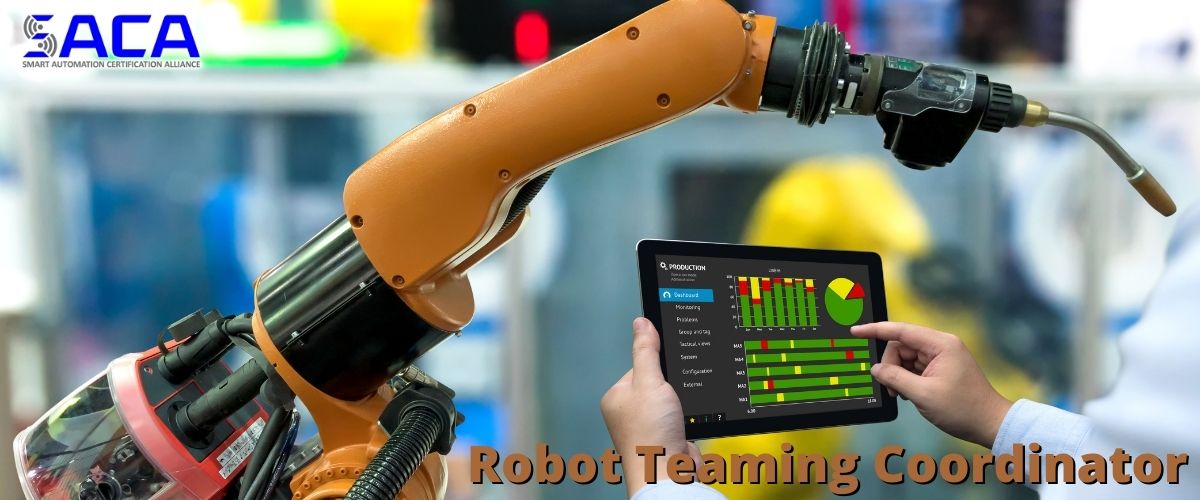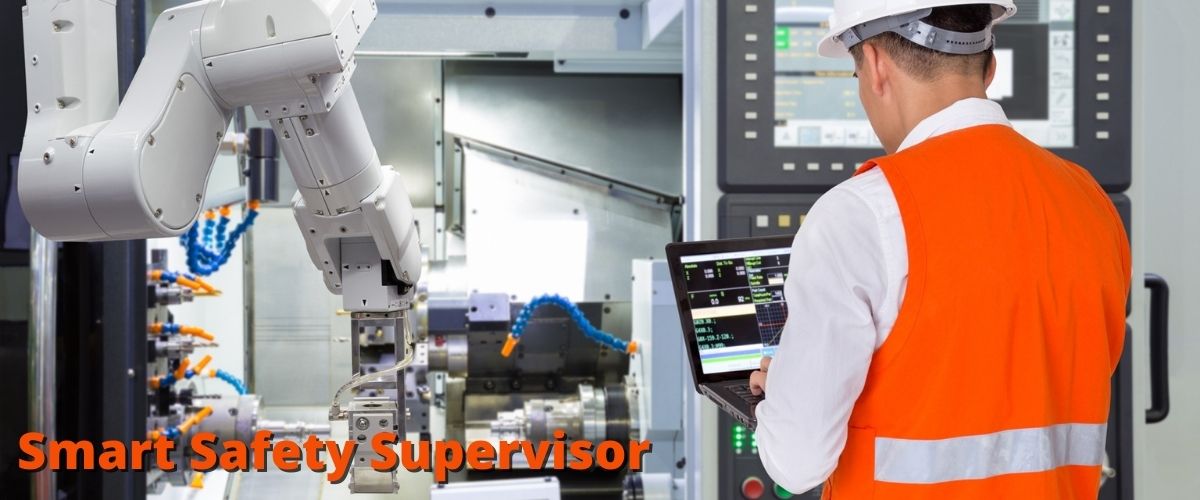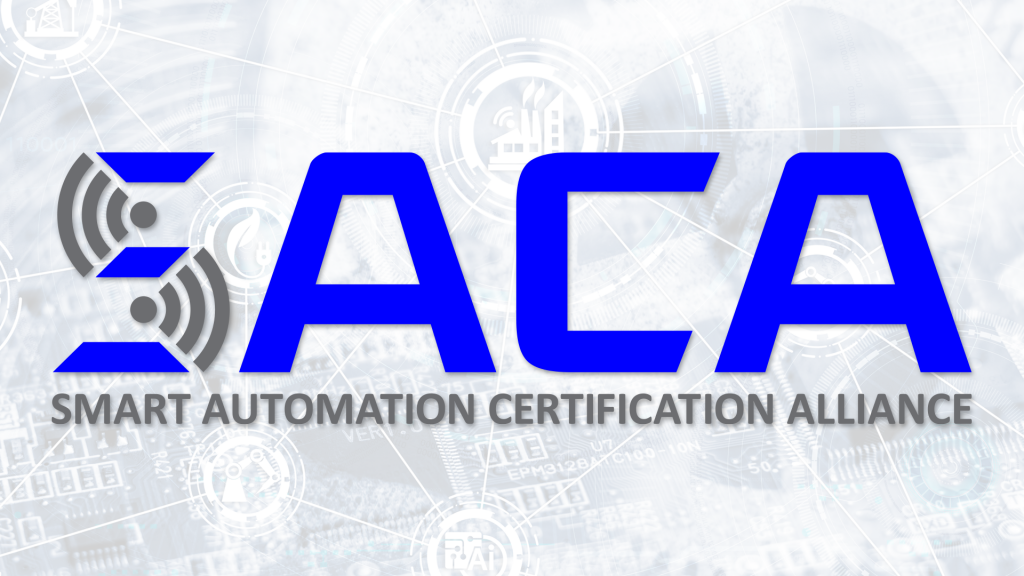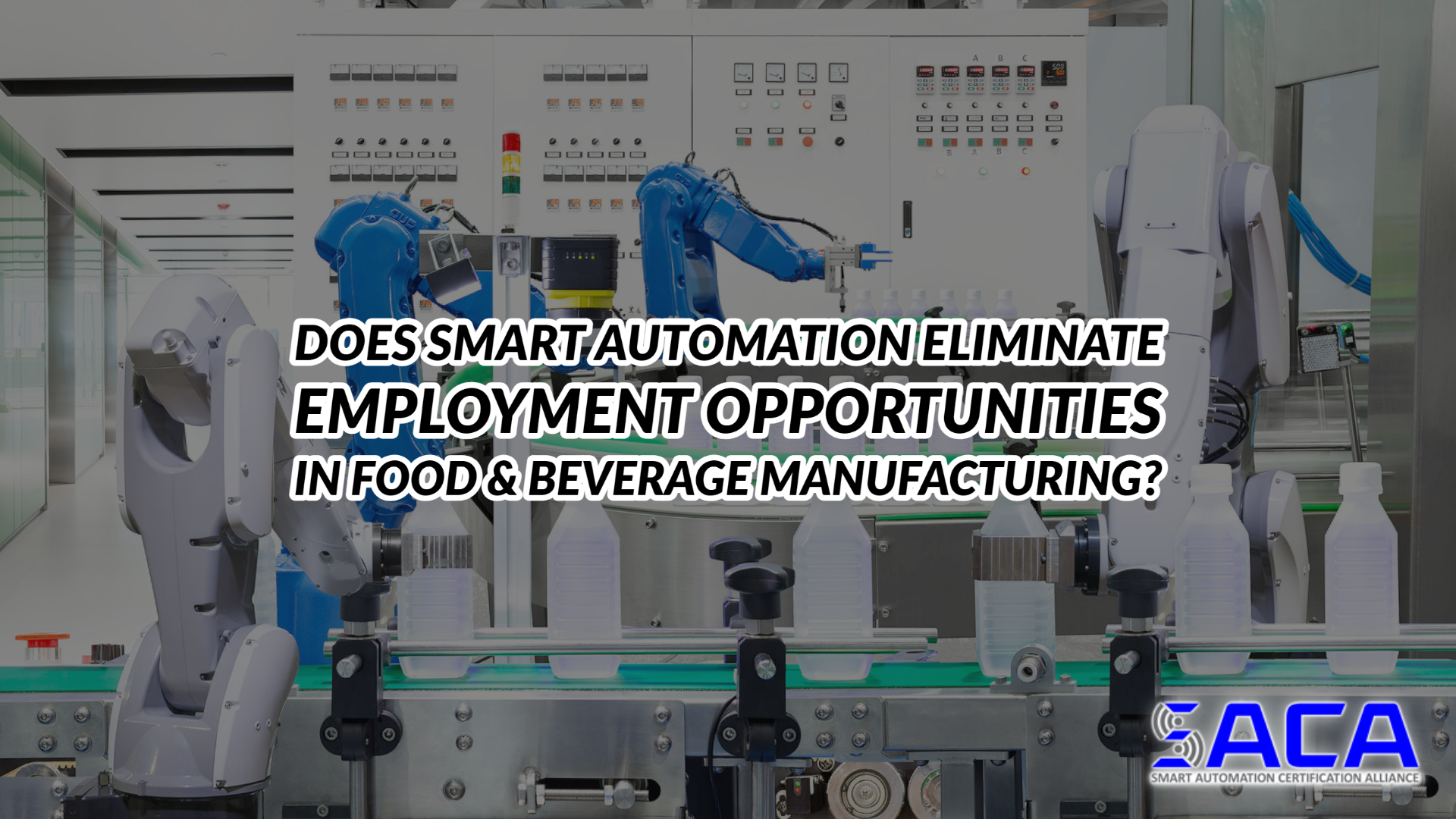
Oh, how five years can change things.
Turning the clock back all the way to 2015, gasoline had fallen under $3 nationally for the first time in four years, NASA was confirming the presence of water on Mars, and the smash-play Hamilton was the hottest ticket on Earth (you know, back when we could still go to concerts…).
Even manufacturing of those times now feels slightly antiquated. Promises of big data driving efficiency and predictive maintenance technologies, which were introduced on a national scale in 2015, are now commonplace around Smart Factories. Today, more efficient strategies are practiced by companies, leading to a manufacturing boom – another prediction-come-true from 2015.
While we could spend time reminiscing about the “ol’ days”, innovation doesn’t take a break. With more products being created daily than we’ve ever experienced before, it only makes sense for manufacturing to keep focused on improving production for future endeavors.
And it begs the question: where do we see manufacturing five years from now? Based on its history, changes are expected, according to Deloitte. Specifically, they predict several important themes will be reflected in these changes, including:
- Putting Humans in the Loop: Organizations are working harder to keep humans in the loop, such as rethinking work architecture, retraining people, and rearranging the organization to leverage technology. The hope is to not only eliminate routine tasks and cut costs, but create value for the customers (and meaningful work for the employees).
- Expanding Digital and “Soft” Skills: Despite the rise of automation, and technology replacing many mundane tasks, manufacturing requires human workers to ensure that everything runs smoothly. The essential human skills deemed most useful over the next decade include critical thinking, creativity, and people management.
- Leveraging the Digital Toolbox: Manufacturing workers are becoming more reliant upon digital tools, such as collaboration platforms, work-based social media, and instant messaging, to effectively complete their work.
In addition to these themes, Deloitte also anticipates five future skillsets that each manufacturing worker should possess, including being proficient in: Technology / Computer, Emerging Digital Technologies, Programming for Robots / Automation, Working with Tools and Technology, and Critical Thinking.
So how can these themes and skills work in combination to create future jobs?
According to Deloitte:
“As digital transformation and the Fourth Industrial Revolution continue to redefine manufacturing jobs of the future, leaders and workers alike need to embrace a work environment that is expected to blend advanced technology and digital skills with uniquely human skills, to yield the highest level of productivity. Understanding how work might change can help the industry as a whole prepare for a future that promises to be transformative.”
With that transformative future comes a new onslaught of smart careers – many of which have been created as a direct correlation to the ever-changing industry. In this article, we will highlight five of the jobs that Deloitte has tabbed as the most promising future smart automation careers in manufacturing, as well as what that position could potentially look like.
Job #1 – Digital Twin Engineer

SUMMARY: A digital twin engineer creates a virtual representation of both the physical elements, as well as the dynamics of how an IoT-connected product operates and interacts. Simply put, a digital twin engineer makes it possible to virtually see inside any physical asset, system, or structure to optimize design, monitor performance, predict maintenance, and improve the overall experience.
Used throughout a wide range of industries, digital twin engineers rely upon their engineering tooling to integrate necessary digital elements to produce the high-quality product. In addition, they act as a working link between the product twin and the performance twin, which can help enhance collaboration with customers, accelerate innovation, design smarter products, and create new services.
RESPONSIBILITIES: Using 3D software and simulations, a digital twin engineer will create digital twins to measure product performance throughout a variety of conditions. The insights discovered through the data help design new products and business models. Engineers also use machine learning, real-time usage, and performance data to optimize product performance and service.
SKILLS NEEDED: In creating virtual replicas of major industrial products, as well as helping companies predict and respond to customer problems using real-time data analysis, digital twin engineers need to be well-versed in simulations, analytics, and software development. Systems engineering, as well as research and development, are also critical.
Job #2 – Smart Factory Manager

SUMMARY: A smart factory manager is a jack-of-all-trades, so to speak. From production and quality, to IT and cyber responsibilities, a smart factory manager takes on an expanded, and often times unique, role of integrating advanced manufacturing, securing connectivity, and understand data analytics to drive a new level of overall equipment effectiveness, or OEE.
The goal of the smart factory manager is to identify data patterns that can help predict quality issues, as well as direct actions in response to these insights. In addition, they will leverage predictive maintenance analytics to identify issues before they happen, and direct preventative maintenance to address future issues.
RESPONSIBILITIES: A smart factory manager must be able to identify and aid in the addition of advanced technologies that enable self-optimization. They must be able to build a variety of automated manufacturing capabilities, such as robot cutting, 3D printing, and more. Finally, they are responsible for managing the installation, operations, and maintenance of all levels of the smart factory solutions “stack” that delivers continuous connectedness and ensures cybersecurity protocols are followed.
SKILLS NEEDED: Being skilled in applied technology, automation, and connectedness are a must for smart factory managers. In addition, operational excellence, deep learning, and innovation are also key to finding success in the field. Digital prototyping and client management are also plusses.
Job #3 – Robot Teaming Coordinator

SUMMARY: With increased automation comes a larger need for robots. And robots, like any other industrial component, needs to be able to effectively perform its predetermined tasks. As a Robot Teaming Coordinator (RTC), it is their task to oversee robots that interact with humans to enable a human rapport with robots, ensuring optimal human-machine interactions.
Generally, the RTC is responsible for monitoring robot performance, and giving feedback to programmers to perfect robot value. However unlike robot programmers, a robot teaming coordinator are often not experts in programming languages, but should have the knowledge to understand how robots are supposed to behave in work environments.
RESPONSIBILITIES: In addition to observing and evaluating robot performance, an RTC is responsible for sharing its feedback with robot programmers, recommending areas for improvement. They will train human team members to help them work more collaboratively with robots, as well as work in tandem with robot coordinators from other departments to identify opportunities to enhance productivity. Finally, all of those results are delivered against key performance indicators to view overall customer experience, improvements in productivity, and more.
SKILLS NEEDED: An RTC needs to be proficient in robot behavioral analysis by enabling a collaborative human-robot working environment, which applies a mixture of digital, social, and human skills to help humans and robots leverage each other’s strengths and improve productivity. This means a robot teaming coordinator needs to be well-versed in human-machine collaboration, as well as robot management.
Job #4 – Smart Safety Supervisor

SUMMARY: In most workplace environments, safety is the number one concern. That’s no different in a Smart Factory – only this time, it’s the Smart Safety Supervisor who is responsible for overseeing proper safety procedures are being utilized. A Smart Safety Supervisor works with operational, logistics, and technology teams to ensure safety, as well as finding new synergies that can improve the safety of workplaces.
With Smart Factories dealing with autonomous equipment, unmanned drones, and advanced materials, a Smart Safety Supervisor needs to be fluent in advanced technologies, and match those applications – such as smart helmets or augmented reality (AR) glasses to help create a safe and efficient work site. They will also use their broad knowledge of regulations, Environment, Health & Safety (EHS) standards, and available technologies to help companies develop technology implementation road maps, or help leverage the digital twin of a construction site to oversee health and safety of workers and machines.
RESPONSIBILITIES: When it comes to keeping workers safe, a Smart Safety Supervisor has a laundry list of responsibilities. From identifying new technologies to meet set safety targets, to formulating safety procedures and plans to reduce potential safety hazards, a Smart Safety Supervisor will be responsible for taking all of the necessary steps to ensure workplace safety. The job also includes incorporating specialized risk management principles between machines and humans, supervising safety specialists, and acting as a field safety inspector on incident investigations.
SKILLS NEEDED: The most necessary skill is having an advanced working knowledge of construction safety, safety management systems, and occupation and health regulations. Smart Safety Supervisors are skilled in EHS, workplace inspection, and risk assessment, as well as understanding digital tools and technologies to aid in keeping everyone safe. Finally, having experience developing and implementing multiple health and safety programs for various projects is a plus.
Job #5 – Smart QA Manager

SUMMARY: A “smart quality assurance (QA) manager” manages product quality using digital technologies. That means a smart QA manager will oversee an ecosystem of machines and work center sensors, artificial intelligence (AI), and virtual reality (VR) support technologies to proactively detect quality escapes and machine maintenance issues, as well as develop solutions to address those root causes of quality issues.
From developing requirements for AI and machine-learning (ML) algorithms that identify products defects as early as possible, to reducing the number of defects per part produced, the main task of a smart QA manager is to minimizes production downtime, and maximize productivity by reducing manual inspection.
RESPONSIBILITIES: A smart QA manager will be looked upon to work with the facility manager to develop and maintain the production schedule, as well as plotting historical data to develop predictive quality controls and detection algorithms. In addition, they will be responsible for conducting quality issues root cause analysis, providing corrective actions, and identifying new technologies to incorporate into QA systems.
SKILLS NEEDED: An experienced QA manager is trained in leveraging smart technologies to reduce the number of defects per part produced, with goals to enhance overall productivity. Other useful skills include operational excellence, innovation, automation, and digital prototyping. Like all future smart positions, it also requires a passion for deep learning.
Need Help Certifying Your Workforce for Smart Automation? Consider SACA!

With all of these future careers on the horizon, industry-endorsed Industry 4.0 certifications will become even more valuable. That’s why the Smart Automation Certification Alliance (SACA), a non-profit organization, has made it our mission to develop and deploy Smart Certifications for a wide range of industries.
Thanks to the help of our partners, SACA has created certifications that are industry-driven, developed for industry by industry. They are developed through a rigorous process that begins with the creation of truly international skill standards, endorsed by leading experts in Industry 4.0 technologies throughout the world.
SACA’s Smart Automation certifications use a modular structure to enable them to fit a wide range of individual needs, industries, and educational environments, and are available in three categories – Associate, Specialist, and Professional. Each certification is stackable, allowing individuals to start with one certification and add other certifications to customize their documented skills.
All SACA certifications are occupationally focused, so they prepare individuals for specific careers in the world of Industry 4.0. If you would like more information into SACA’s world-class Smart Certifications, please visit our website!





